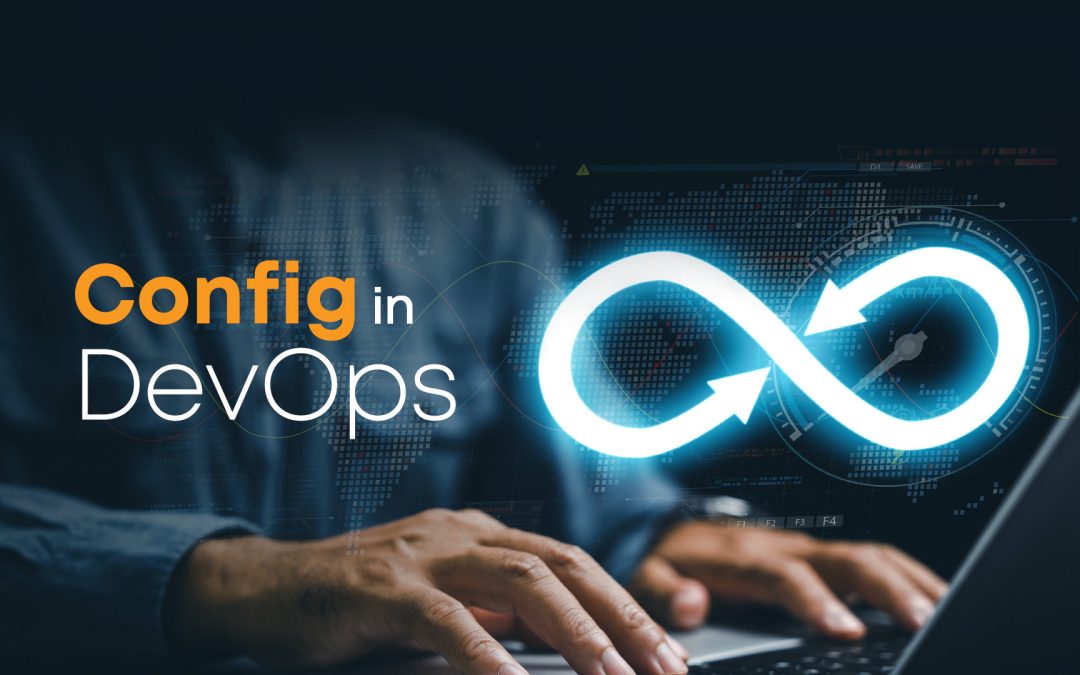In the ever-evolving world of cloud computing, DevOps teams grapple with managing complex infrastructure while maintaining consistency, compliance, and security. AWS Config emerges as a game-changer, offering a centralized platform to streamline operations, enforce governance, and empower DevOps practices.
In the dynamic realm of cloud computing, DevOps teams face the challenge of managing complex infrastructure while ensuring consistency, compliance, and security. Amidst the intricate tasks of provisioning, configuring, and monitoring resources, the need for a centralized solution to streamline operations and enforce governance becomes paramount.
Benefits of AWS Config in DevOps
- Enhanced Security: Proactively enforces security policies through rule-based actions and alerts, safeguarding infrastructure against unauthorized access and misconfigurations.
- Improved Compliance: Automates compliance audits and continuously monitors configuration, ensuring adherence to regulations and mitigating the risk of penalties.
- Reduced Cost: Identifies and eliminates unused resources, leading to cost savings and optimized cloud infrastructure expenditures.
- Increased Efficiency: Streamlines operations with automation and centralized configuration management, freeing up DevOps teams for strategic initiatives.
- Enhanced Visibility: Provides comprehensive audit trails and real-time configuration tracking, offering valuable insights for troubleshooting and incident response.
Integration with Other Tools
AWS Config seamlessly integrates with other DevOps tools, amplifying its functionality and benefits:
- Infrastructure as Code (IaC) Tools: Terraform and CloudFormation facilitate version control and consistent deployments.
- Continuous Integration/Continuous Delivery (CI/CD) Pipelines: Jenkins and AWS CodePipeline verify configurations before deployments, preventing errors and security risks.
- Security Tools: CloudTrail, AWS CloudWatch, and AWS Security Hub provide comprehensive security monitoring and incident response capabilities.
- Compliance Tools: AWS Conformance Packs and AWS Config Rules offer pre-built and customizable rules for enforcing compliance standards.
- Cost Optimization Tools: AWS CloudWatch and AWS Cost Explorer help identify and eliminate unused resources, optimizing cloud spending.
Role of AWS Config in DevOps Teams
AWS Config empowers DevOps teams to:
- Maintain consistent infrastructure: Track changes and ensure configurations adhere to established standards.
- Automate compliance audits: Continuously assess configuration against compliance requirements, saving time and effort.
- Enforce security policies: Set rules to trigger alerts and actions for suspicious changes, mitigating security risks.
- Track resource changes: Maintain a comprehensive history of configuration changes for troubleshooting and auditing purposes.
- Facilitate Infrastructure as Code (IaC): Integrate seamlessly with IaC tools for version control and consistent infrastructure deployments.
- Support CI/CD pipelines: Verify configurations before deployments to prevent errors and security risks.
- Enable incident response: Analyze configuration data to identify root causes and implement corrective actions swiftly.
- Promote cost optimization: Identify unused resources and eliminate waste to optimize cloud expenditures.
- Enhance collaboration: Provide a centralized platform for configuration management, fostering collaboration among DevOps teams and stakeholders.
- Improve governance: Gain visibility into configuration changes and enforce compliance standards, aligning cloud infrastructure with overall policies.
Conclusion
By embracing AWS Config and harnessing its capabilities, DevOps teams can achieve a paradigm shift in cloud management. With enhanced security, improved compliance, reduced costs, increased efficiency, and greater visibility, AWS Config empowers DevOps teams to build and manage infrastructure with confidence, security, and efficiency. It stands as the ultimate secret weapon for DevOps excellence, enabling teams to focus on innovation and drive business agility.
In the dynamic realm of cloud computing, DevOps teams face the challenge of managing complex infrastructure while ensuring consistency, compliance, and security. Amidst the intricate tasks of provisioning, configuring, and monitoring resources, the need for a centralized solution to streamline operations and enforce governance becomes paramount.
 Finland
Finland Bangladesh
Bangladesh
